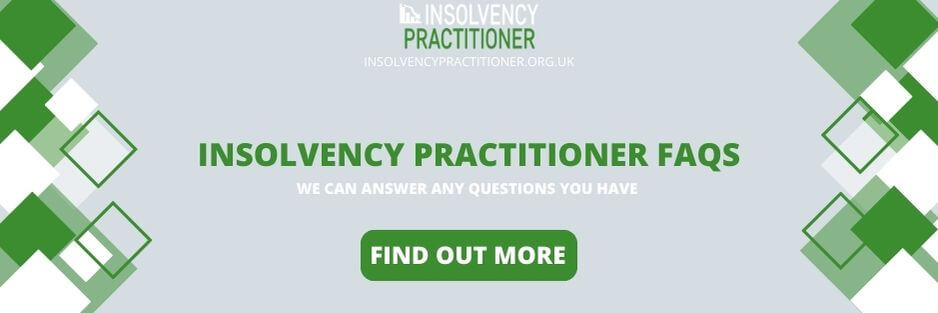Frequently Asked Questions
What is insolvency?
Insolvency refers to the financial state of an individual or company where they are unable to pay their debts as they become due. It is a legal term indicating an inability to meet financial obligations.
What is the difference between insolvency and bankruptcy?
Insolvency is a financial state where a person or company is unable to meet their financial obligations. Bankruptcy, on the other hand, is a legal process initiated by an insolvent person or company to seek relief from their debts and obtain a fresh financial start.
How do I know if I am insolvent?
If you are struggling to pay your debts on time, facing legal actions from creditors, or experiencing significant cash flow problems, you may be insolvent. It is advisable to seek professional advice from an insolvency practitioner to assess your situation.
What can an insolvency practitioner do for me?
An insolvency practitioner is a licensed professional who specializes in dealing with insolvency matters. They can assess your financial situation, advise on the best course of action, and assist in implementing appropriate insolvency procedures such as individual voluntary arrangements (IVAs) or company liquidation.
Can I continue running my business if I am insolvent?
While it is possible to continue running your business if you are insolvent, it is essential to seek professional advice from an insolvency practitioner. They can help evaluate the viability of your business, explore options for restructuring or refinancing, and provide guidance on legal obligations and potential risks.
What are the consequences of insolvency?
The consequences of insolvency can vary depending on the circumstances. It may involve legal actions from creditors, loss of assets, restrictions on obtaining credit, potential personal liability for company directors, and the need to follow insolvency procedures to resolve outstanding debts.
How long does the insolvency process take?
The duration of the insolvency process can vary depending on the complexity of the situation. It can range from a few months to several years, depending on factors such as the type of insolvency procedure, the size of the estate, and any legal complications that may arise.
Will I lose everything if I become insolvent?
The outcome of insolvency proceedings depends on several factors, including the specific insolvency procedure, the value of assets, and the individual circumstances. While it is possible to experience losses, the aim of insolvency proceedings is to achieve a fair distribution of assets and provide a fresh start for the insolvent individual or company.
Can I avoid insolvency?
In some cases, insolvency can be avoided with proactive financial management, early intervention, and seeking professional advice. If you are facing financial difficulties, it is crucial to address the situation promptly, explore options for restructuring or refinancing, and develop a realistic plan to manage your debts.
How can I find a reliable insolvency practitioner?
Finding a reliable insolvency practitioner is essential to ensure you receive accurate advice and effective support. You can seek recommendations from trusted professionals, research reputable insolvency firms, and check their qualifications and credentials before engaging their services.

